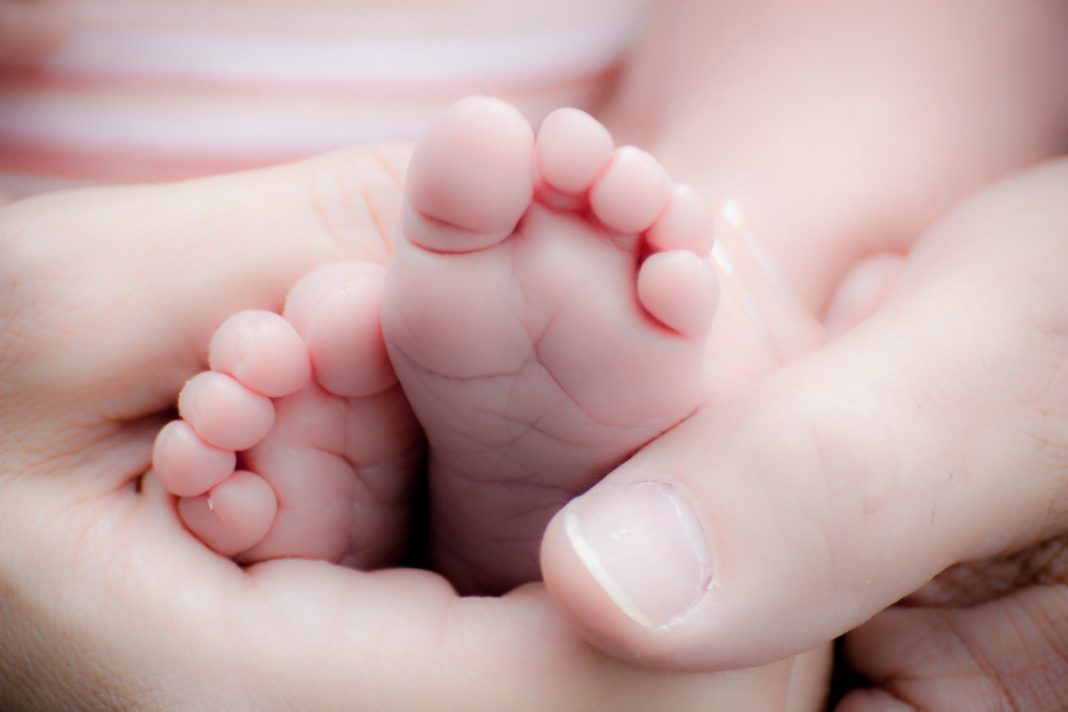Last week, after arguing at the Florida Supreme Court against a proposed deceptive and misleading abortion amendment, Liberty Counsel filed a supplemental authority with the Court regarding how Florida’s laws affirm the legal rights of an “unborn child.”
During the oral argument on February 7, Chief Justice Carlos Muñiz noted that Article I, Section 2 of the Florida Constitution protects the rights of a “natural person,” and he asked if the ballot summary should apprise voters of how the proposed abortion amendment could impact this section if “natural person” also included the unborn.
Article I, Section 2 of the Florida Constitution states, “All natural persons…have inalienable rights, among which are the right to enjoy and defend life…”
Article I, Section 9 states: “No person shall be deprived of life, liberty or property without due process of law.”
Many Florida laws recognize the legal rights of an “unborn child” or “unborn person,” including, by way of example, the following:
Criminal Statutes
- “Whoever commits … a criminal offense … and thereby causes the death of, or bodily injury to, an unborn child commits a separate offense …” (Fla. Stat. §775.021(5)).
- “Vehicular homicide” is “the killing of a human being, or the killing of an unborn child by any injury to the mother, caused by the operation of a motor vehicle by another in a reckless manner…” (Fla. Stat. §782.071).
- “The unlawful killing of an unborn child, by any injury to the mother of such child which would be murder if it resulted in the death of such mother, shall be deemed murder in the same degree as that which would have been committed against the mother” (Fla. Stat. §782.09(1)).
- “The unlawful killing of an unborn child by any injury to the mother of such child which would be manslaughter if it resulted in the death of such mother shall be deemed manslaughter. A person who unlawfully kills an unborn child by any injury to the mother which would be manslaughter if it resulted in the mother’s death commits manslaughter, a felony of the second degree” (Fla. Stat. §782.09(2)).
- “The death of the mother resulting from the same act or criminal episode that caused the death of the unborn child does not bar prosecution under this section” (Fla. Stat. §782.09(3)).
- “The clear and unambiguous language of the feticide statute provides that the killing of an unborn quick child may constitute murder.” Wyche v. State, 232 So.3d 1117, 1120 (Fla. 1st DCA 2017).
- “Driving Under the Influence Manslaughter does not require the State to prove that the defendant knew or should have known that (victim) was pregnant or that the defendant intended to cause the death of the unborn child.” In Re: Standard Jury Instructions in Criminal Cases—Report No. 2016-08, 211 So.3d 995, 998 (Fla. 2017).
Florida Trust and Estate Law
- “Unless otherwise represented, [an] unborn individual … may be represented by and bound by another person having a substantially identical interest with respect to the particular question or dispute …” (Fla. Stat. §736.0304).
- “If the court determines that representation of the interest would otherwise be inadequate, the court may, at any time, appoint a guardian ad litem to represent the interests of an incapacitated person, an unborn or unascertained person …” (Fla. Stat. §731.303(4)).
The Florida Guardianship Law also specifically protects unborn children (Fla. Stat. §744.3725).
The Florida Habeus Corpus and Incarceration Law protects the health and welfare of unborn children whose mothers are incarcerated, requiring jails and prisons to provide health and care to the unborn child (Fla. Stat. Ann. §951.175(4)).
The Florida Tort Law also protects the unborn, requiring auto insurers to pay damages, including wrongful death damages, to the unborn.
The Florida Supreme Court will release its decision before April 1. If the Court rejects the amendment, it will not appear on Florida’s 2024 ballot.
Liberty Counsel Founder and Chairman Mat Staver said, “Florida law routinely recognizes that an ‘unborn child’ has the legally protected rights of a person. Yet, the Ballot Summary does not make voters aware of the existing rights of unborn children or the impact this proposed amendment will have on these preexisting rights. A Ballot Summary that fails to include critical information of how a proposed amendment will impact existing rights is deceptive and should not be permitted.”















